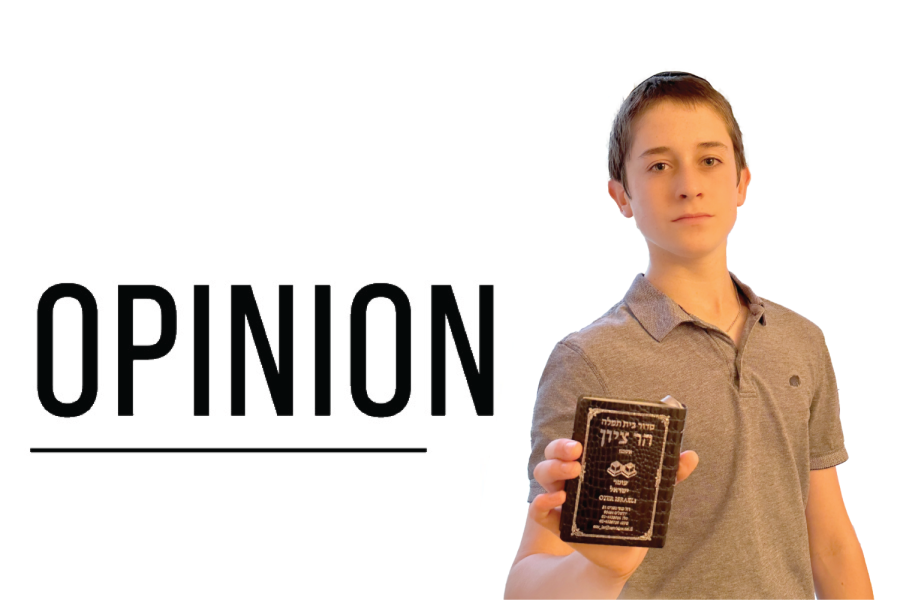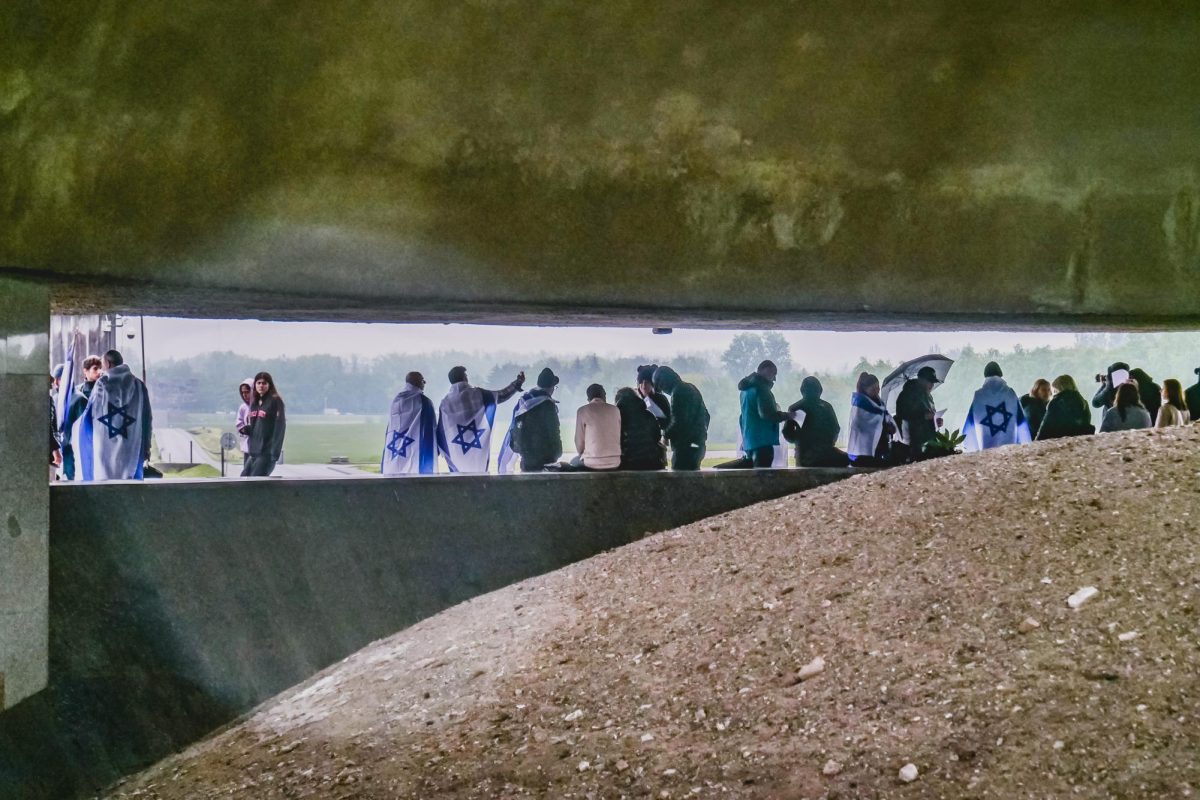By the BP Editorial Board
Shalhevet has proven itself as a progressive and liberal Modern Orthodox school once again, majorly shifting its kol isha policy to fully allow girls to sing. Now Shalhevet’s female students can sing solo, rather than in only a group. Though unexpected and sudden, this change is wholeheartedly welcomed.
Set in 1992 when our school was founded, the old policy was written in accordance with the practice of other Orthodox schools in Los Angeles. Twenty years ago as today, these schools forbade women from singing in public either solo or in groups because of the concept of kol b’isha ervah – translated in various ways, but usually meaning that a woman’s voice is erotic, or a kind of nakedness. This view meant that her singing could be perceived as sexually appealing, and therefore was prohibited outside of the most limited circumstances.
But as Rabbi Leubitz explained, Shalhevet need no longer base its policies on what’s usual in the neighborhood. As a legitimate Modern Orthodox institution, it has a responsibility to find halachic interpretations that ring true with the world its adherents live in, one where women’s voices, like their hair and shins, are routinely uncovered. In a school that strongly discourages contact between boys and girls, it might not make sense. In a co-ed school like Shalhevet, it seems overdue.
Everyone cheered when Danielle Lowe sang Demi Lovato’s “Skyscraper” at the Purim Talent Show without any accompanying voices, and again when Natalie Dahan sang Adele’s “Someone Like You.” For years, Choir has awaited the day when girls would be permitted to sing solos, and Drama has wondered why musical theater wasn’t possible.
So Shalhevet has been eagerly awaiting this change—proving that in our community a woman’s voice doesn’t make her naked. It just makes her visible.
Related: Going solo: New view of ‘kol isha’ lets girls sing on their own
Related: Kol Isha has a range of meanings at Modern Orthodox high schools back east






